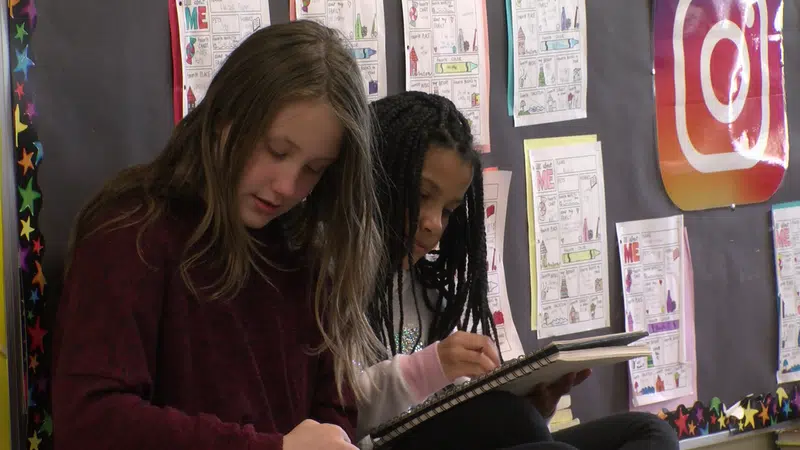
Reaction to province’s panel report on curriculum review
Red Deer, AB – Education stakeholders are weighing in following this week’s release of a new report from the province’s curriculum review panel.
Released on Wednesday, the report is part of a review ordered by Education Minister Adriana LaGrange to replace work done by the previous NDP government. It made multiple recommendations on how to transform the province’s curriculum, including standardized literacy and numeracy tests in Grades 1 through 5 to catch and correct any learning difficulties. The panel also urges a focus on basic learning on a foundation of numeracy and literacy, and that students need to be exposed to potential job and career opportunities outside the classroom, and input from employers should be part of curriculum development.
Panel chair Angus McBeath says they recognized that students need an education which ensures they thrive in a world of rapid economic, social and global change.
“We are counting on our young people to help create a province where all Albertans flourish. While there are elements of the draft K-12 curriculum that serve us well, there is room for improvement,” says McBeath. “The curriculum advisory panel offered up recommendations to help ensure students have the foundational knowledge, skills and competencies they will need beyond high school to live their best lives.”
